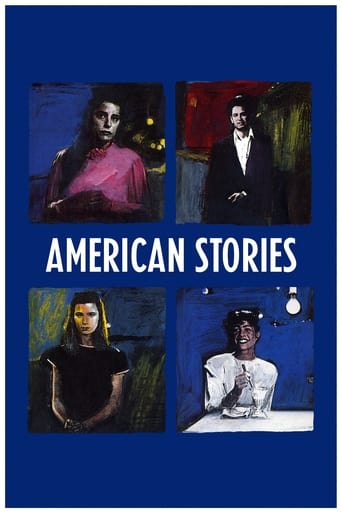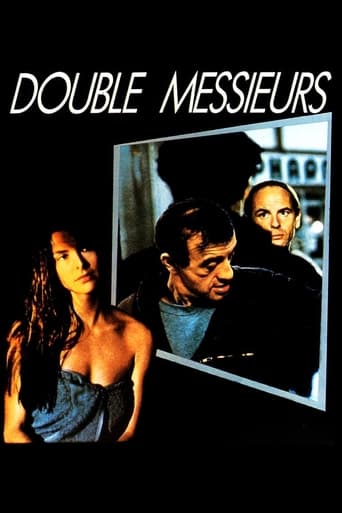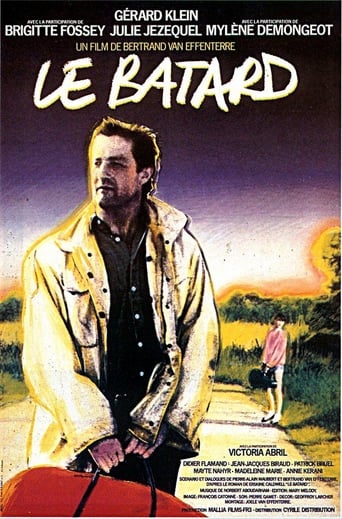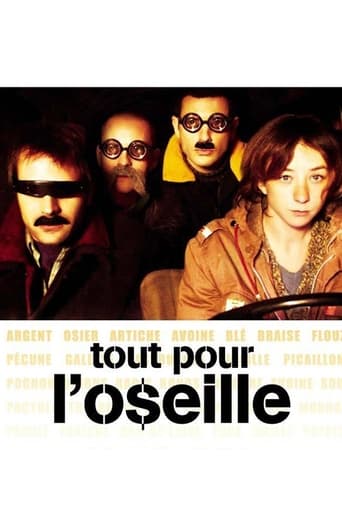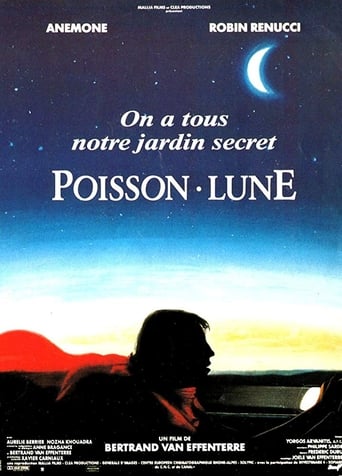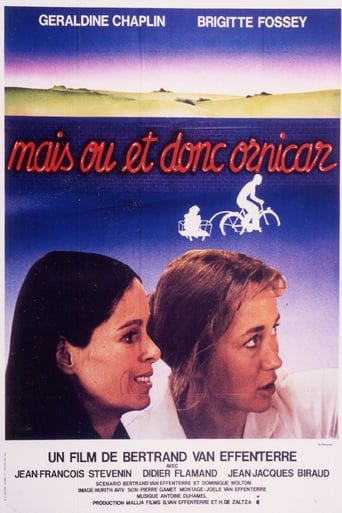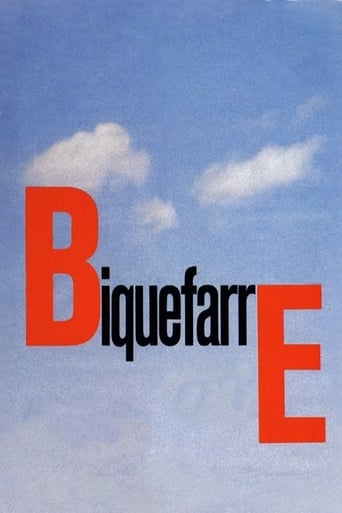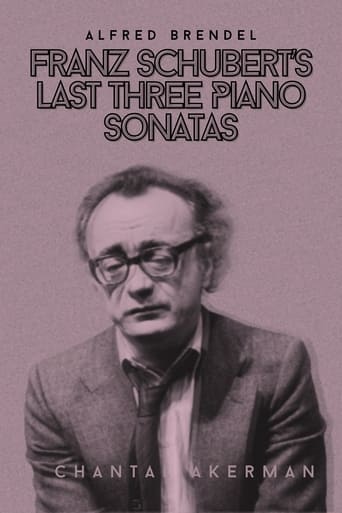American Stories: Food, Family and Philosophy 1989
Belgian director Chantal Akerman avoids her usual "real time" technique in Histoires d'Amérique. The anecdotal nature of the subject matter compels Akerman to fragment her narrative, rather than offer it in one, uninterrupted continuum. Still, another Akerman trademark -- permitting the "drama" to emanate from the actors rather than the situations -- is very much in evidence. This informal history of Jewish life over the past 100 years is related in a series of eyewitness accounts, re-created by a group of largely unknown actors. Also known as American Stories, the Belgian/French Histoires d'Amérique began building an audience when it was shown at the Berlin Film Festival.
